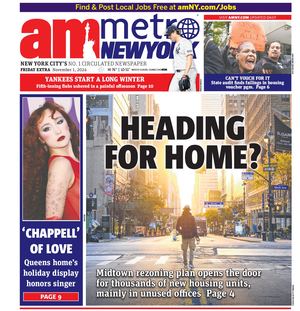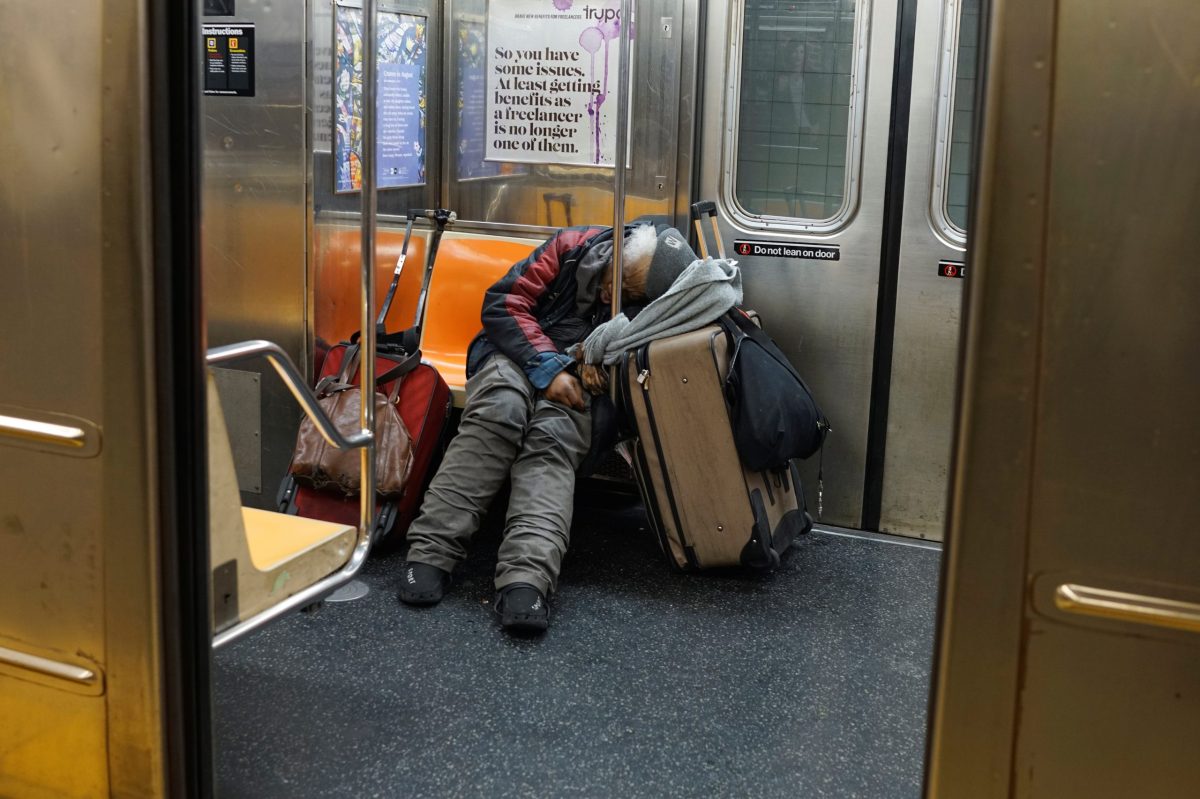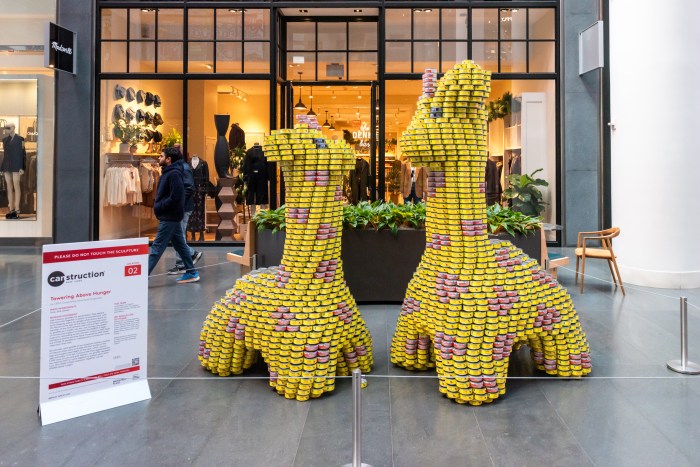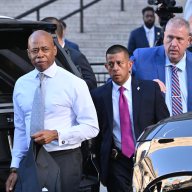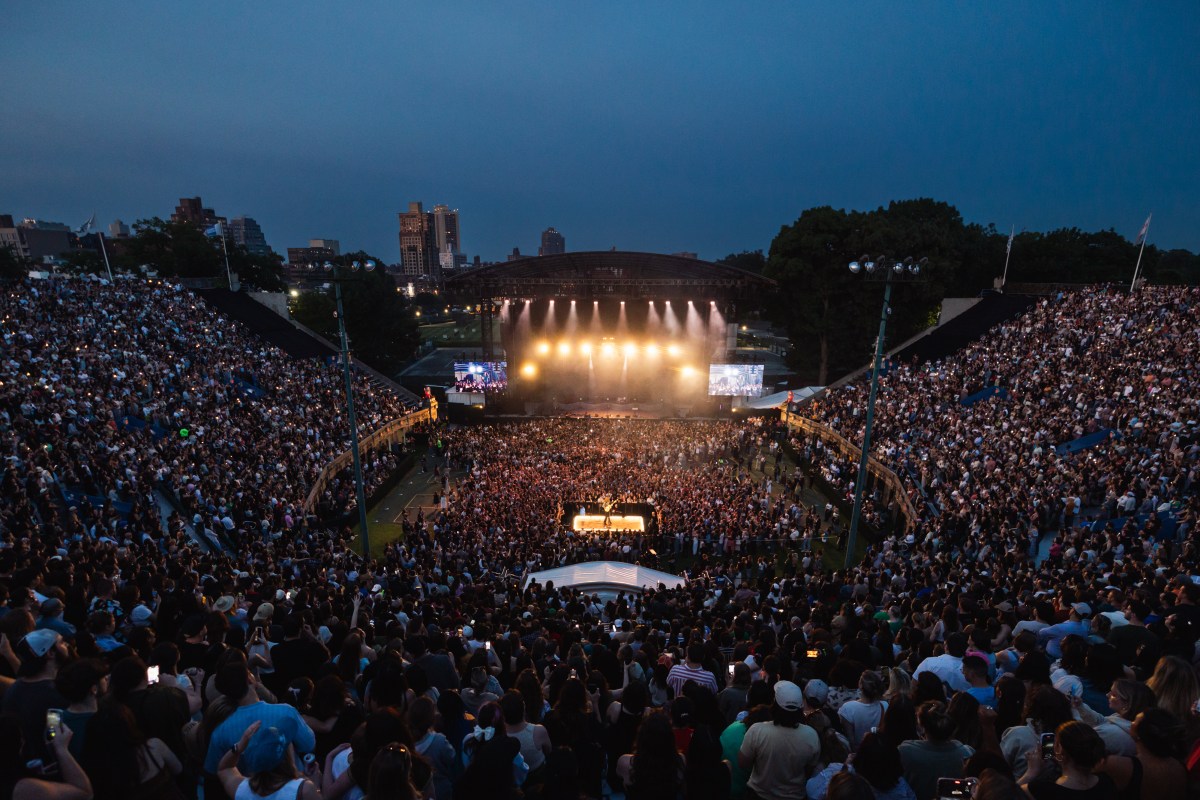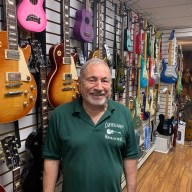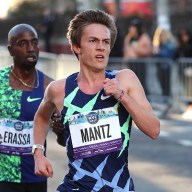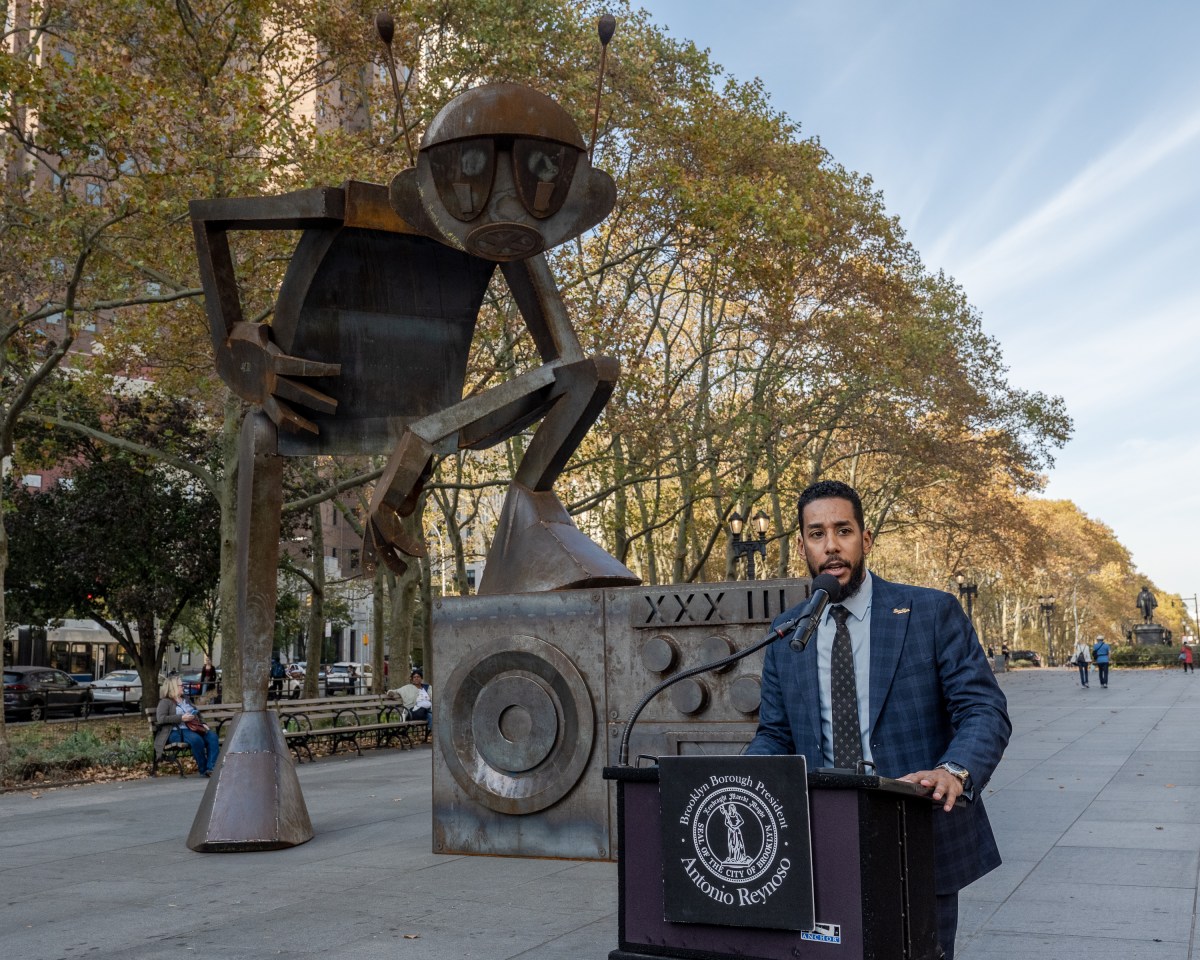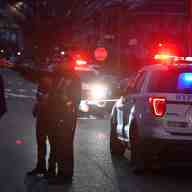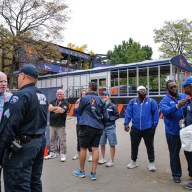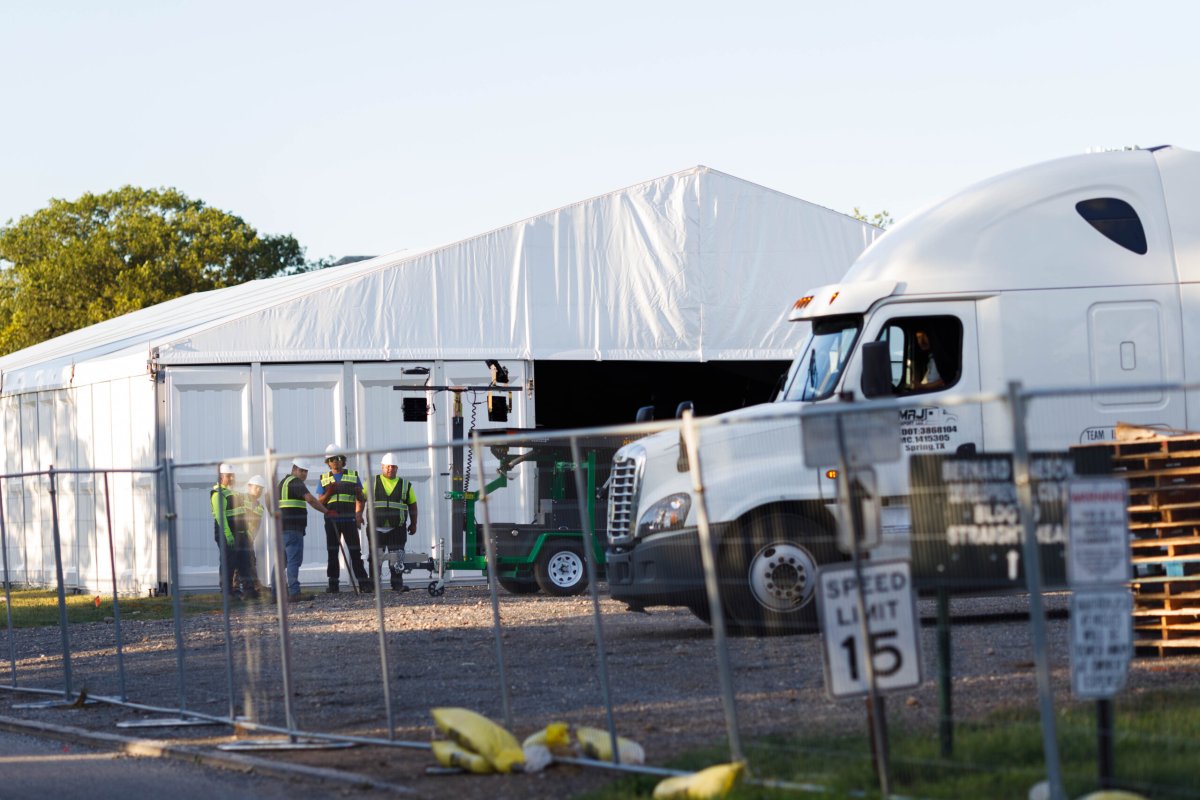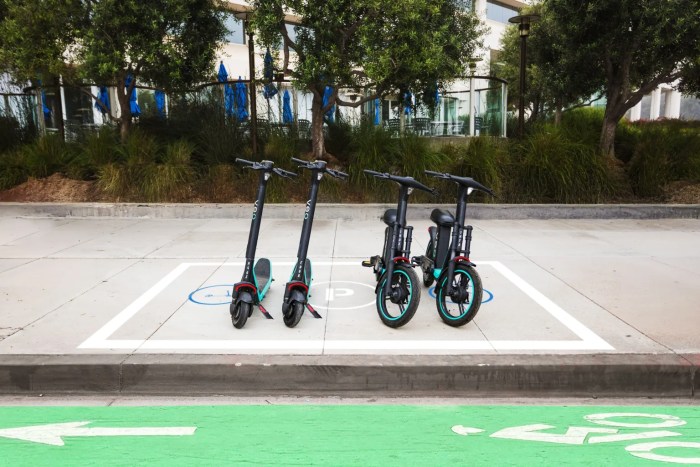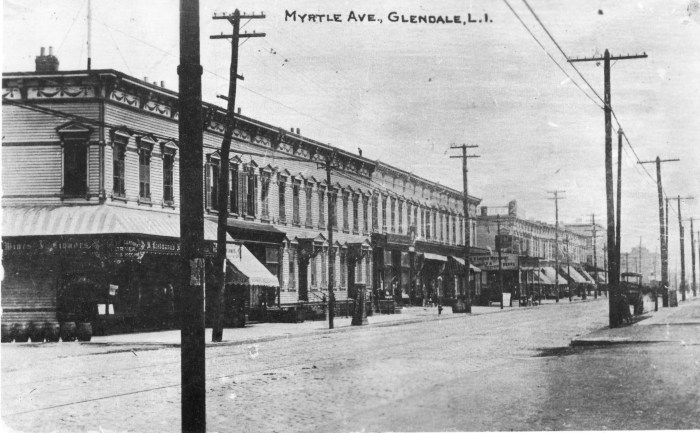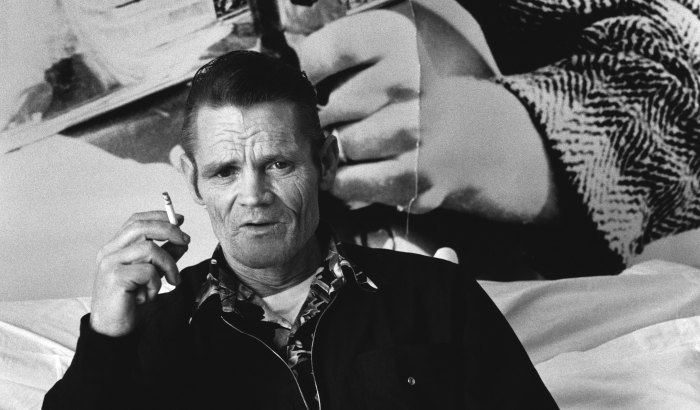The Metropolitan Transportation Authority is the newest voice in the chorus of New Yorkers critical of Mayor Bill de Blasio’s plan to protect New Yorkers experiencing homelessness during the novel coronavirus pandemic.
On Monday, Mayor Bill de Blasio announced that 200 new safe haven beds will open up this week for homeless New Yorkers currently living on city streets and subway cars.
“Our COVID-19 response must prioritize the most vulnerable New Yorkers,” said Mayor Bill de Blasio. “We are doing everything we can to strengthen our subway and street outreach to ensure that every New Yorker who needs a place to sleep will get one.”
The city will focus outreach efforts on 10 end-of-the-line subway stations and increase deep-cleaning efforts in those stations as well. In order to help outreach and cleaning staff, Mayor de Blasio called on the Metropolitan Transportation Authority to close the ten stations between midnight and 5:00 a.m. when subway ridership is arguably at its lowest.
In early April, a handful of homeless advocacy groups like VOCAL-NY and Picture the Homeless called on Mayor de Blasio to house single street-homeless New Yorkers into 30,000 empty hotel rooms across the city. A week later, the mayor announced that city agencies would transfer 6,000 homeless New Yorkers living in shelters to hotel rooms with 2,500 to be housed by April 20. The de Blasio administration subsequently blew its own deadline only housing 1,000 homeless New Yorkers as April 21, Politico reported.
Although MTA spokesperson Abbey Collins was relieved that city agreed to provide more housing to those experiencing homelessness she wrote that “it should not have taken a global pandemic for the City to do a job the MTA has called on it to do for years.”
“Right now, the City should step up and ensure NYPD and social service presence at every end-of-line station by the end of the week and commit to this effort long term. We have had to resort to hiring private security guards to serve as the eyes and ears of our system instead,” Collins wrote in a statement. Collins admitted that indeed the MTA would be taking trains out of service at end-of-the-line subway stations temporarily to improve safety and cleanliness for essential workers.
Collins called on the city to step up NYPD enforcement at end-of-line stations by the end of this week and “commit to the effort long term.”
We have had to resort to hiring private security guards to serve as the eyes and ears of our system instead,” Collins wrote. “The Mayor should get out of his car and into the subways so he can see what is really going on and solve the problem of his own making.”
Here is the list of 10 stations that that the city wants deep cleaned and closed from midnight to 5:00 a.m.:
- Coney Island/Stillwell Avenue D,F
- Flatbush Ave Brooklyn College 2,5
- Jamaica – 179th St. F
- Jamaica Center – Parsons/Archer E
- WTC – E
- 96th St./2nd Ave (Q)
- Pelham Bay Park 6
- Van Cortlandt Park 242nd St. 1
- Wakefield – 241st St. 2,5
- Woodlawn 4
